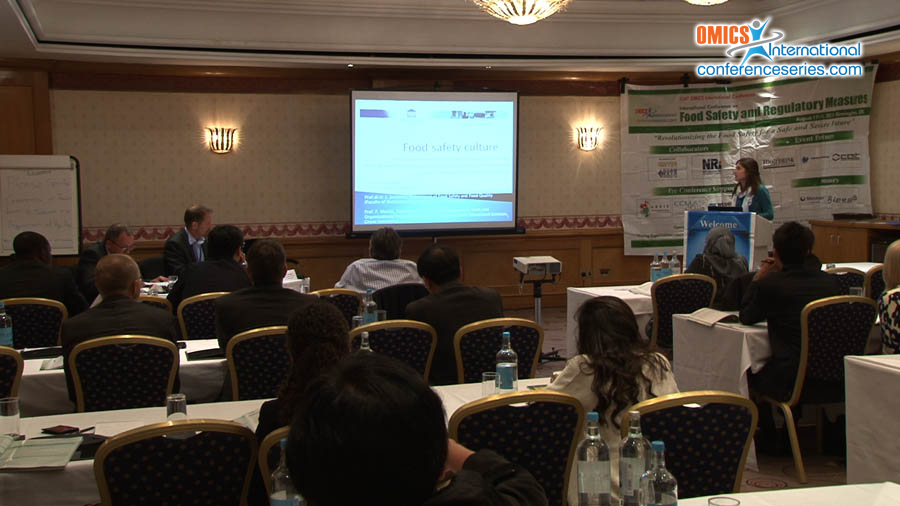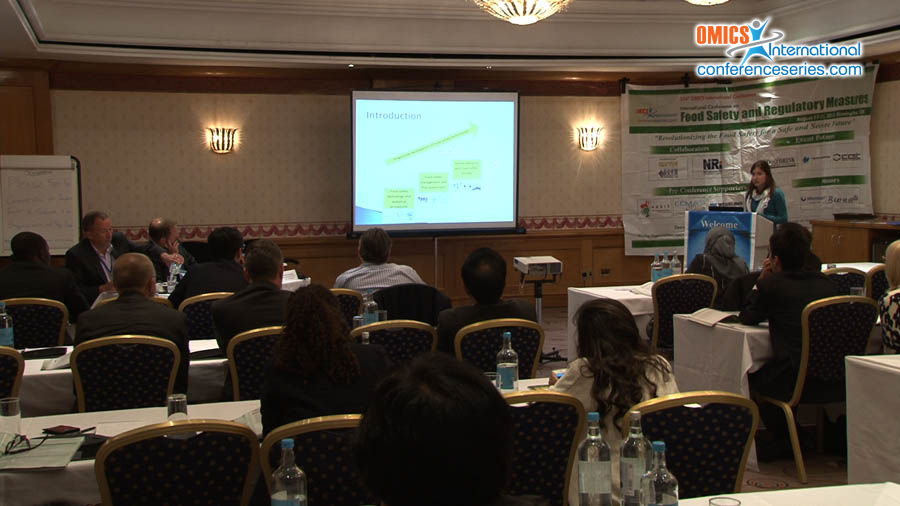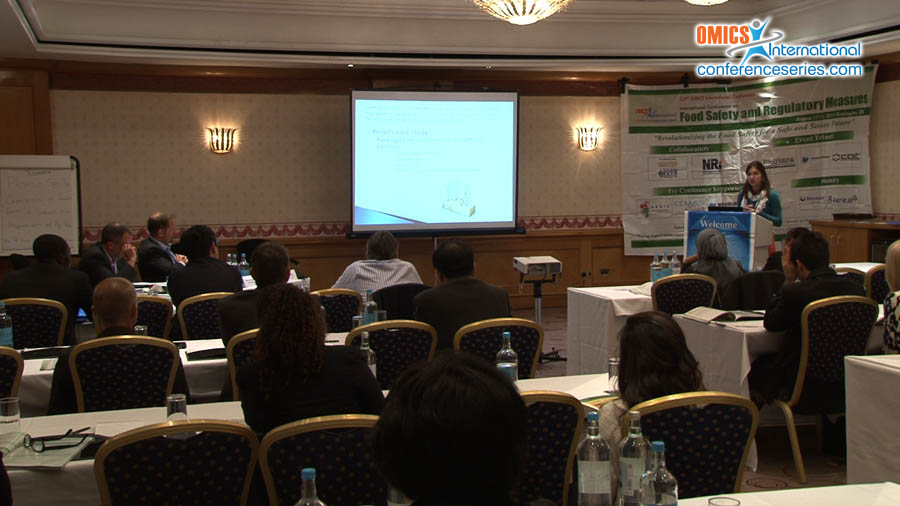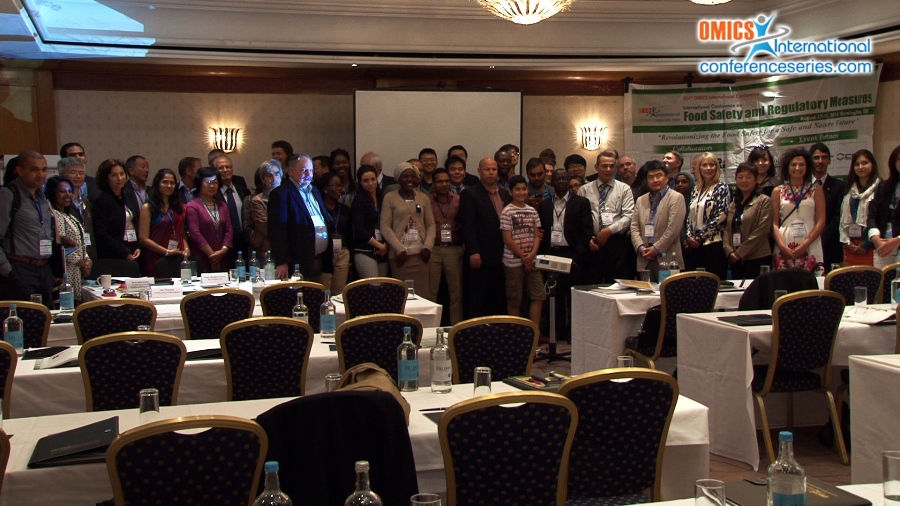
De Boeck Elien
Ghent University
Belguim
Title: Interplay between food safety climate, food safety management system and microbiological output in farm butcheries and affiliated butcher shops
Biography
Biography: De Boeck Elien
Abstract
Food safety climate was defined as employees’ (shared) perception of leadership, communication, commitment, resources and risk awareness concerning food safety and hygiene within their current work organization. The food safety climate, prevailing in a food producing organization, can influence human behavior and decision-making of food business operators and affect the final delivered food safety or quality. Apart from applied processing technology and implemented food safety management systems, human factor and its potential effect on microbiological results have been investigated in this work. A food safety climate questionnaire with twenty eight indicators was developed and validated. Four farm based and four affiliated butcheries were screened on their food safety climate, level of implemented food safety management system and via product and environmental microbiological sampling objective data on the microbiological output of the butcheries was collected. No significant difference was found between the food safety climate scores of the affiliated butcher shops and the farm butcheries. But a trend can be seen, as the food safety climate was generally scored higher by these central managed butcher shops than by the independent small scale farm butcheries. The study revealed that despite a less elaborated/fit-for-purpose FSMS, some butcheries are able to achieve a good microbiological output, if a good food safety climate is present in their organization.
Speaker Presentations
Speaker PDFs
Speaker PPTs Click Here






